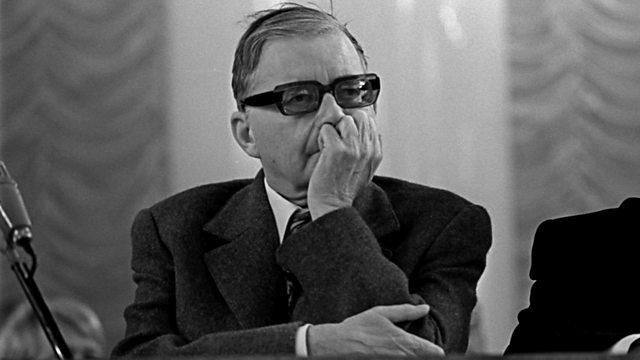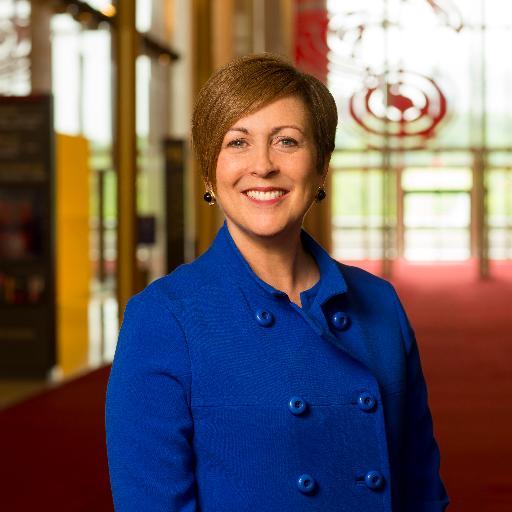BBC announces new bosses in music and arts
mainRoger Wright showed exquisite timing in his resignation. This looks like yet another added layer of much-loved BBC bureaucracy.
Two memos:
Dear All,
Today, we’re announcing the biggest commitment we’ve made in the arts for a generation.
As I said last autumn, I want BBC Arts and BBC Music to sit proudly alongside BBC News – something we’re recognised for the world over. Now, we’re placing arts and music right at the heart of what we do.
That requires strong, clear leadership. So, I’ve appointed Jonty Claypole as our new Director of Arts and Bob Shennan as Director of Music. They’ll be driving our vision, and, working closely with commissioning, they’ll be joining up arts and music on the BBC like never before – across television, radio and digital.
Bob and I will tell you more about BBC Music in the coming weeks. But, today I want to focus on the arts.
There’s a new strand, BBC ARTS At, taking us out of the studio, and to the most exciting events all across the country. We’ll have a new home for the arts on iPlayer and online – and we’re announcing an amazing array of new commissions, including three filmed adaptations of Shakespeare’s history plays, from the team behind The Hollow Crown.
We’ll be working closely with our country’s great artists, performers and cultural institutions. And, I’m delighted to announce that Nicholas Hytner has agreed to join us as a non-executive director.
There’s much more besides – and I hope you’ll be able to read the speech I’m making this morning in full.
Best wishes,
Tony

Dear all
As you will have seen, Tony Hall has today unveiled the BBC’s renewed ambition for the Arts. In doing so, he’s announced that Bob Shennan is taking on a new role as the BBC’s Director of Music, starting immediately. Bob will take on the role in addition to his current responsibilities as Controller of Radio 2, 6 Music and the Asian Network, and in place of his position as Controller of Popular Music.
He will still report to me as one of our station Controllers, but will also lead the approach to music across television, radio and digital, thinking locally, nationally and globally.He will become the BBC’s main point of contact internally and externally for the genre, joining up our offer and ensuring a consistent and compelling strategy for music across the BBC.
It is great news for our Radio Group that music is at the forefront of the BBC’s thinking and wonderful news for Bob. I’m sure you will join me in congratulating him on his new role.
Best wishes
Helen (Boaden)





Comments